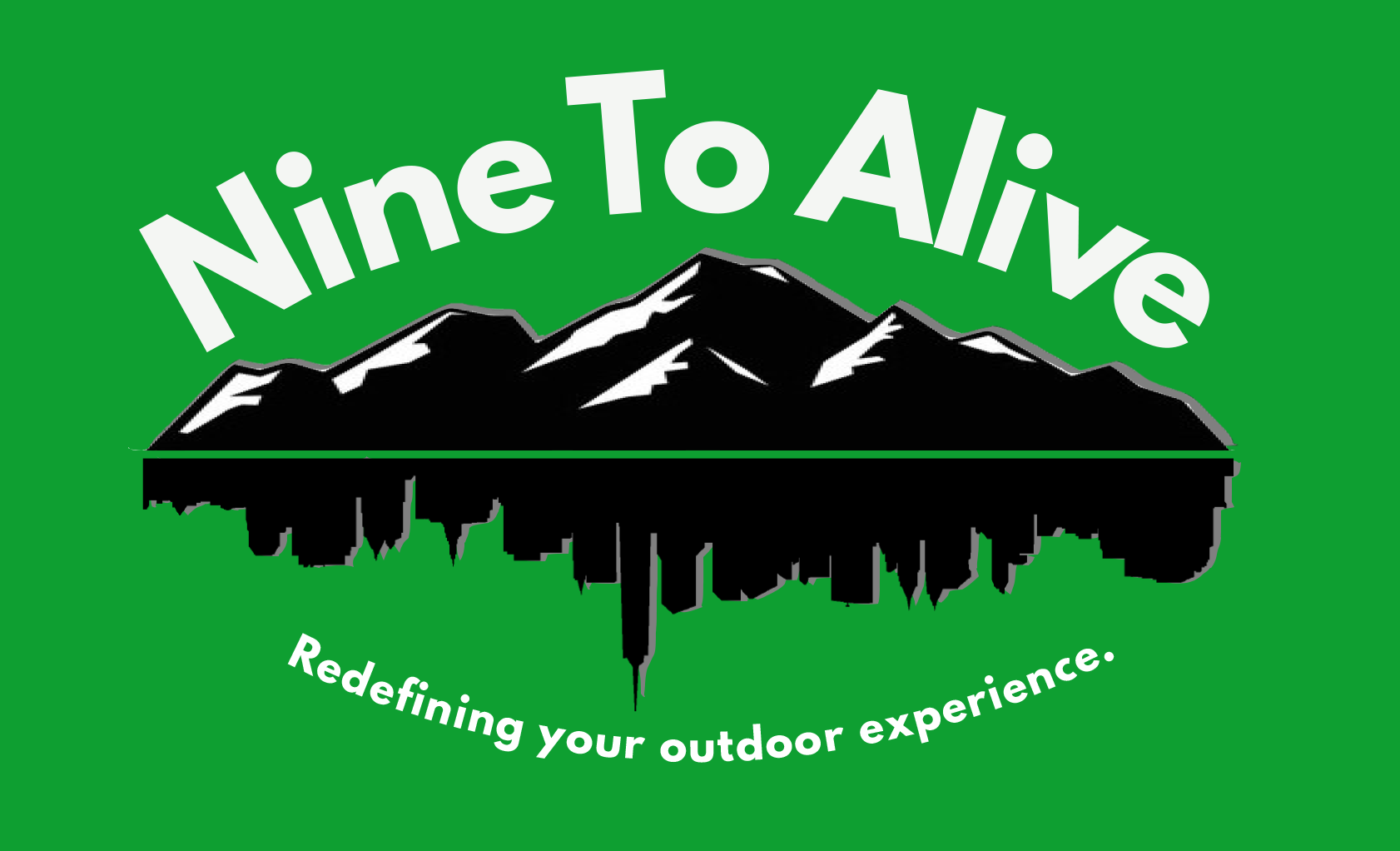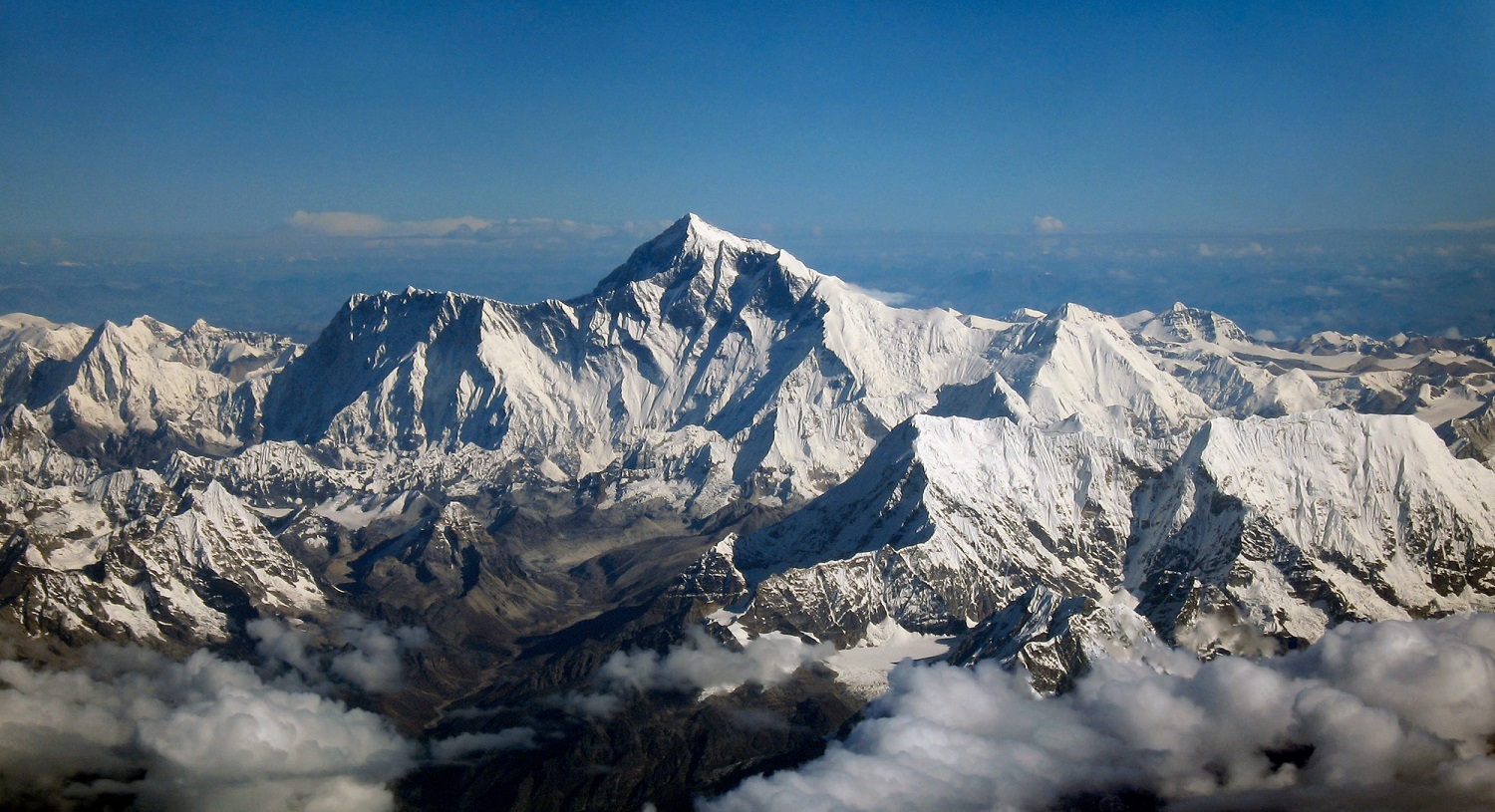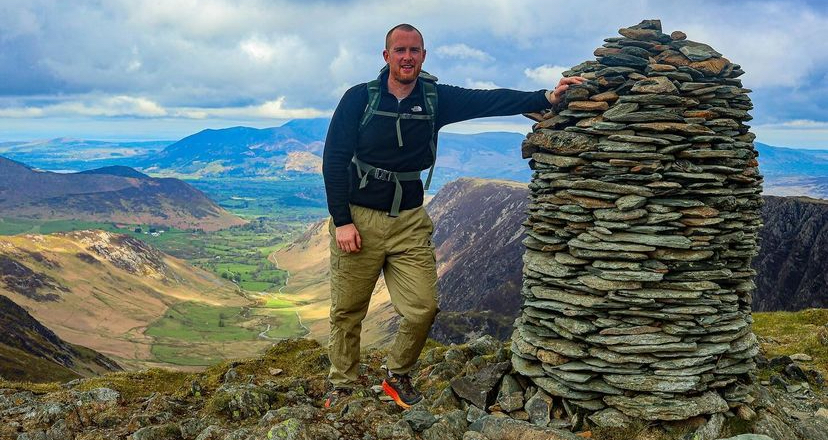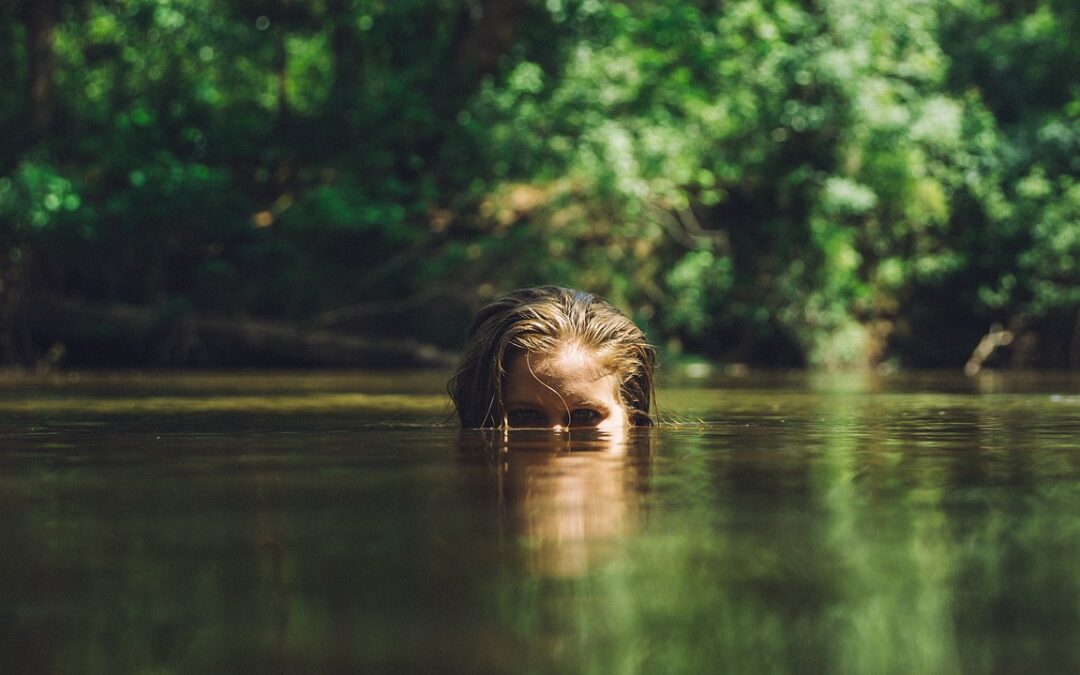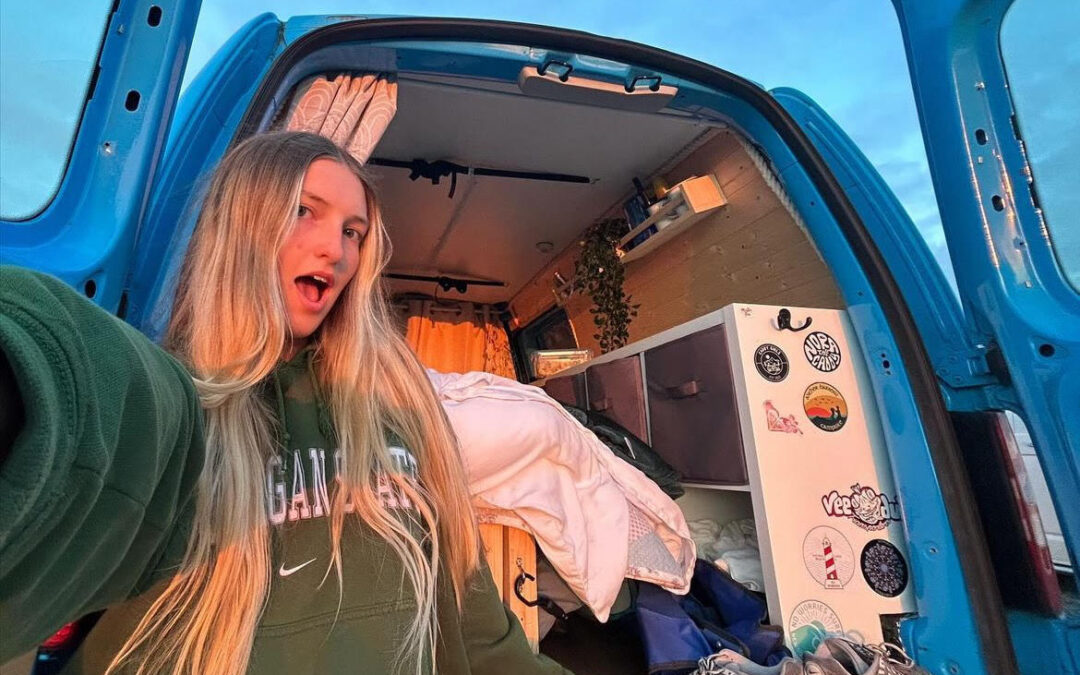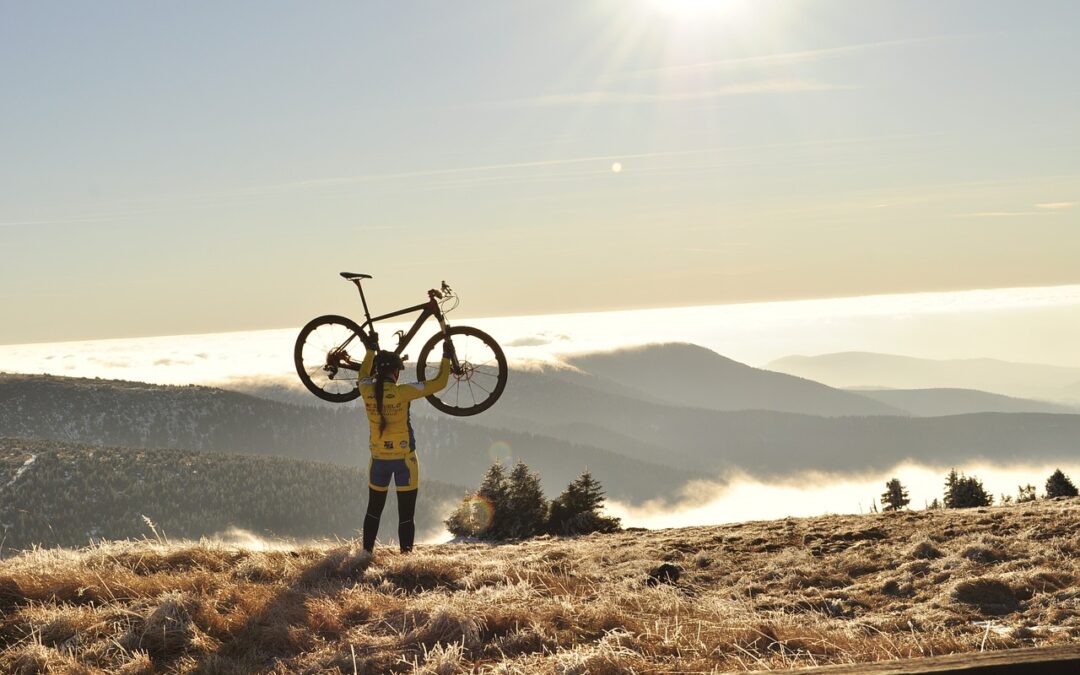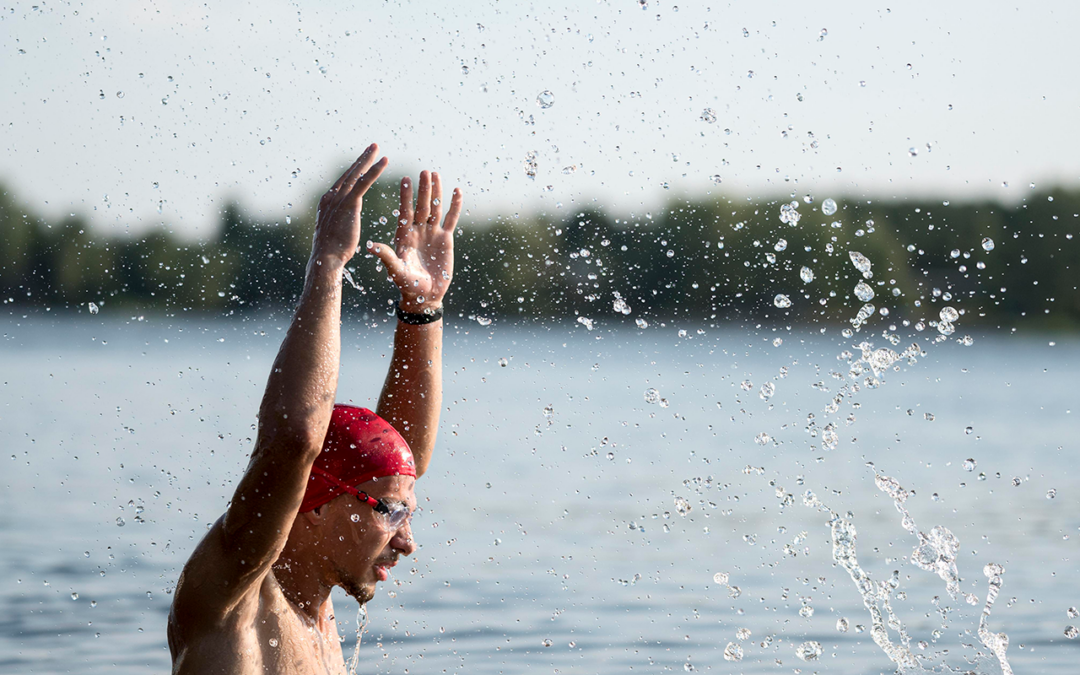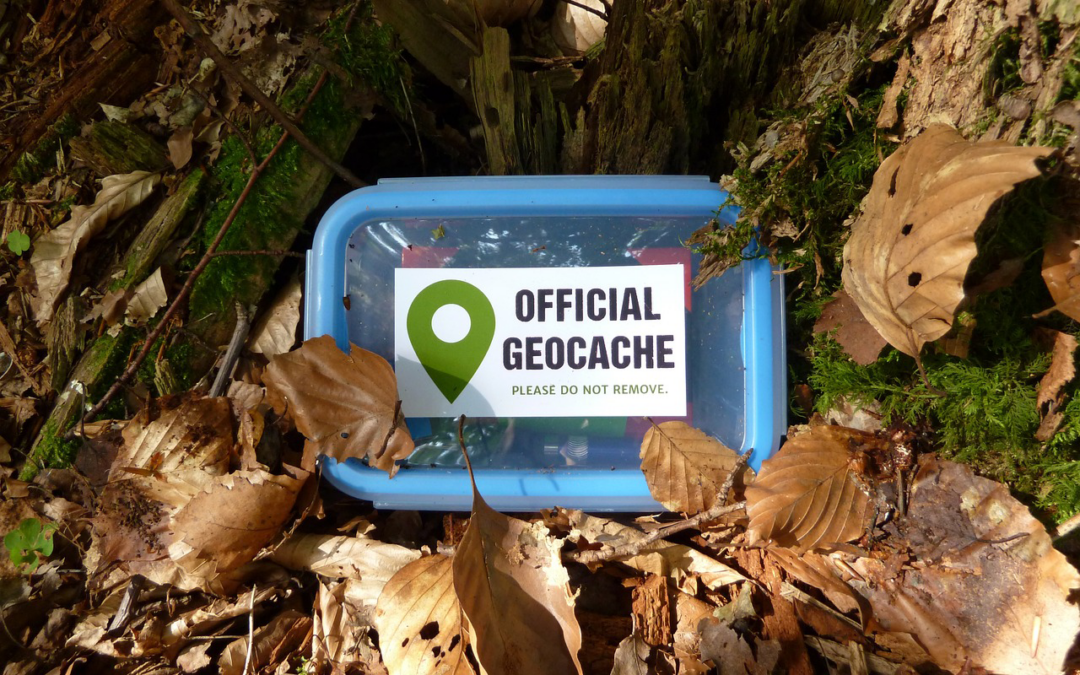Rod Baber has accomplished feats most mountaineers could only dream of. He was the first person to hold the record for climbing all the highest points in Europe, made the first phone call from the summit of Everest and has braved the rocky avalanches of Mount Shkhara. The most impressive part? He achieved all of this living, working and training out of London. We spoke with him about his career, climbs, insights and tips to get budding adventurers from concrete to canopy.
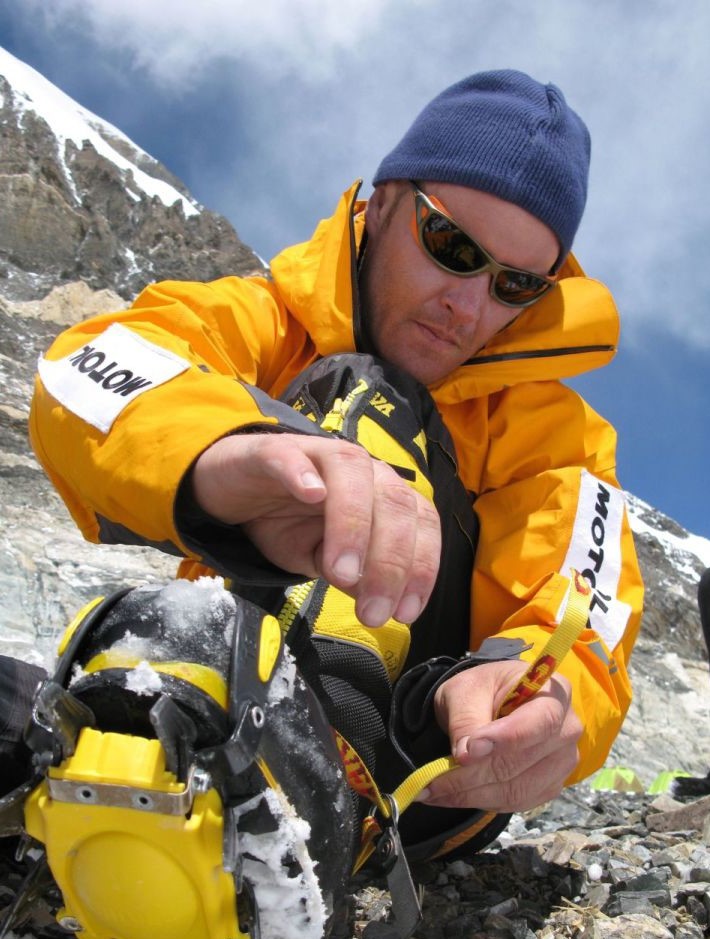
Sitting at a desk all day gets tiresome. Long weeks drag on, work piles up and weekends begin to feel shorter. As the pressure of the city builds, so does the desire to escape. Slouched across a bar in South Bank unwinding with friends, this desire became a dream for Rod, a dream that stuck with him demanding fulfilment.
“I went to the pub, had a bit too much to drink and a friend of mine jokingly suggested I climb the highest point of every country in Europe. That thought stayed with me on Monday, and Tuesday, then Wednesday, I couldn’t escape it, I just had to look into it. By the end of the week I realised it was something that hadn’t been done before. Almost overnight it changed what I wanted to do. I decided I wanted to climb for a living.”
Rod acknowledged that he was pretty late to the game. Although he’d been taking on more challenging climbs since his early twenties, setting records is a whole different beast. The emergence of indoor climbing gyms was making city training more accessible, but when he could, he’d get away onto some real rock; whether it be winter climbing in Scotland or Alpine mountaineering in France.
“The benefit of indoor gyms is they make climbing more accessible. But at the same time they’re keeping people away from traditional climbing, climbing on rock, climbing in the mountains. Really, the best way to get into it is to find someone that knows what they’re doing, find a rock and go from there. When I was in London I’d still make time to go away on weekends, if you’re serious about getting into this stuff, it’s something you should consider.”
The European Expedition
He started the expedition in 1998 after a year of intense training and pestering sponsors for funding, a journey that would cover thousands of miles, summiting 47 peaks across some of Europe’s most testing terrain.
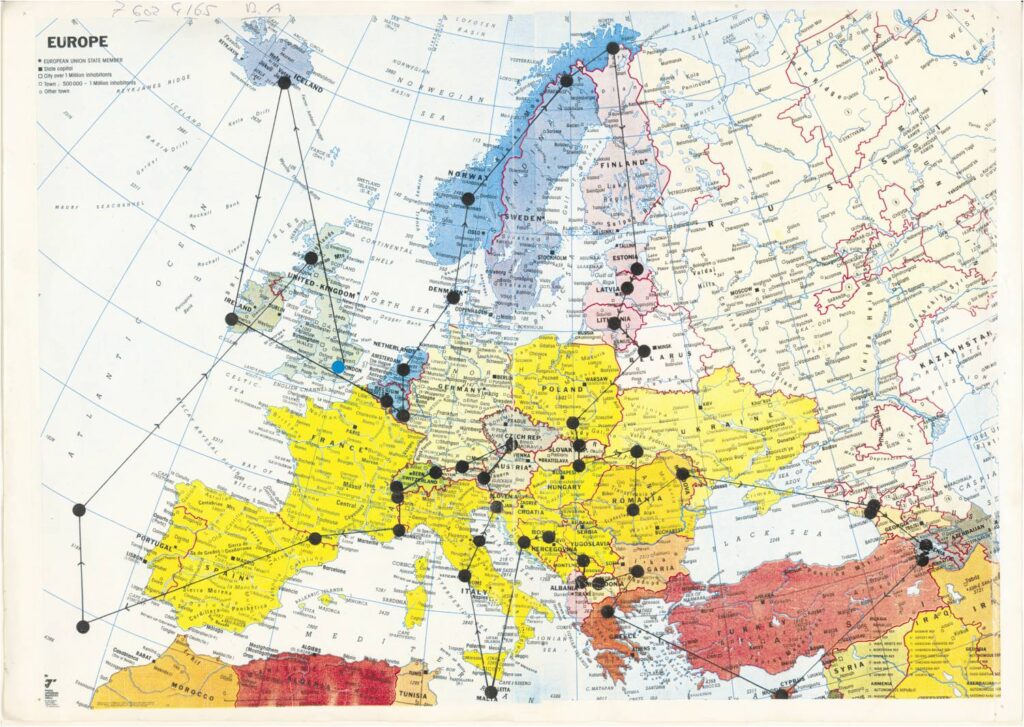
“I wanted to do it in six months, getting to the harder Alpine mountains in peak season. It took a full team of people to get it done in such a tight timeframe, there was an entire system of moving parts that propped me up through the expedition. We’d have to flip the team every now and then because someone couldn’t spend such a long time away, there were even points where it dwindled down to just two or three people. But as long as they were the right people, I felt confident moving forward.”
Getting the right crew involved is something that Rod thought crucial, it doesn’t matter if you’re in the climbing gym or out on a mountain, having a group of like minded people around you that push you forward with a positive nudge is the success catalyst.
“If you want to challenge yourself, join a climbing centre, they’re always welcoming to newcomers. Try to find someone who’s a bit better than you because you’ll learn from them, but don’t shoot straight for the stars. In Europe, one of our team members wasn’t fit enough, he couldn’t keep pace and started taking it out on everybody else. He had to be asked to leave pretty much straight away. The pressures of climbing really test your mettle. Little quarrels here and there quickly become more serious. It’s great if you can all keep up with each other, but what’s more important is getting along. Being a top notch climber who stays fit with all the right gear is solid. But, having a fantastic team? That’s the game changer, it makes the journey more enjoyable, smoother and much less stressful.”
Trouble at Base Camp
But no matter how much you prepare, how fit you are or how great your team is, things aren’t always going to go to plan. Rod learnt this when he arrived at Mount Shkhara, the highest point in Georgia.
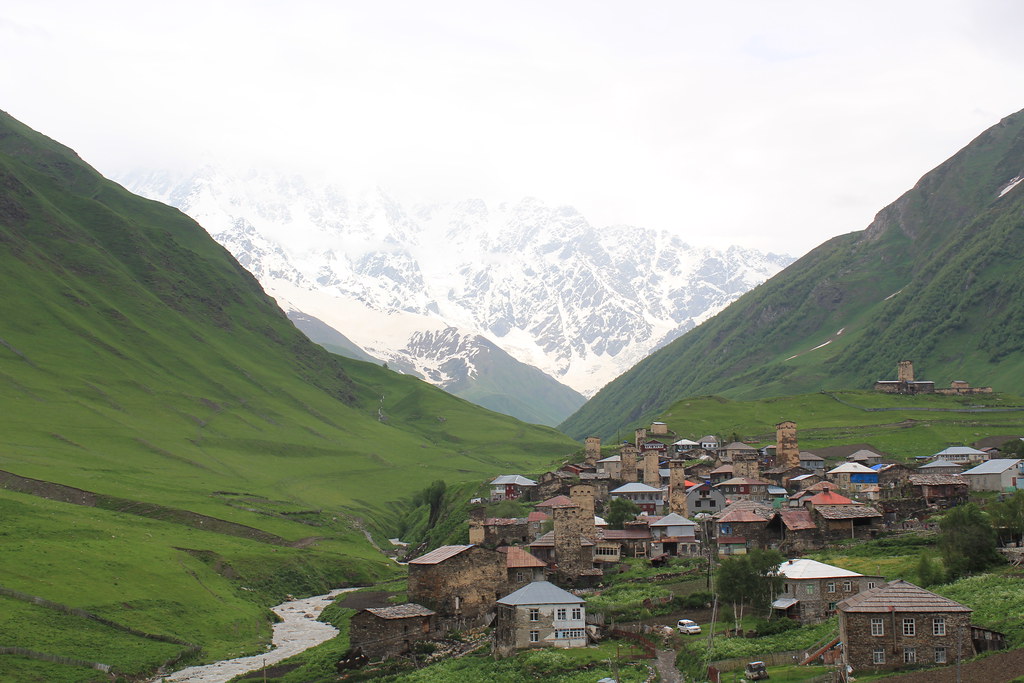
“It’s a tough climb on a really nasty section of vertical rock. It takes four or five days, dealing with unstable rocks, loose snow and it had only been attempted three or four times before we got there.”
The gruelling nature of the ascent isn’t the only reason people couldn’t get up Shkhara. The mountain is situated across the Georgia-Russia border. To get himself permission for the climb, Rod had to enlist two Russian climbers, Bedzina and Afi. The issue? The only viable way to approach it was from Chechen territory.
“It’s a really politically sensitive part of the world because the Chechens and Russians don’t rock, actually, they hate each other. They’re continually fighting. Because Bezina and Afi were Russian we had to win over the Chechens’ trust to be allowed into their territory. There was a translator with us when we got down to the village tucked beneath Shkhara and he said one thing. If they offer you vodka, you have to drink it out of respect.”
You wouldn’t expect drinking and climbing to go hand in hand, the foggy dehydration of a hangover doesn’t exactly benefit the physical exertion required to get up a mountain. However, Rod insists that being able to fully submerge yourself in other cultures and enjoy the moment is one of the most important and exciting parts of mountaineering.
“I spent three days in a barn with the Chechens, drinking vodka, trying to make sense of what was going on. I was throwing away all of that fitness I had prepared for what was going to be one of the hardest climbs of my life. But it was worth it. On the final day, as we prepared to leave, the villagers approached us with a goat. They slaughtered it in front of us, covered our faces in blood and offered us one final drink, a sign that we had won their respect. Was it out of the ordinary? Yes. Was I ready for the climb? Nope. But it’s moments like these that stick, mountaineering exposes you to the elements, not just physically, but also in a way that allows you to forge emotional connections with people you’d never imagine.”
Setting Records on Everest
After Shkhara, Rod returned to London, finishing the expedition just short of six months, setting a record that would be chased by climbers for decades to come.
“I had kids and that stopped everything, I had bills to pay so I wasn’t allowed to disappear for six months. I was back working and training out of London, it was alright, I didn’t really enjoy it, I was just sitting behind a desk doing a job that wasn’t really me, trying to pay bills to raise a family. That was when I was contacted and asked, would you like to climb Everest? I dropped the job overnight.”
Motorola had asked Rod to make the first ever phone call from the Everest summit. After a few months at their headquarters in Reading testing products, they chose the model Z8 for the climb, and Rod set off, summiting, making the call and setting another record, a success he credits to discipline and the power of slowing down.

“A lot of serious climbing is in the body, but I’d say most of it’s in the head. When I climbed Everest I was with a team of really experienced high altitude climbers. There were many other teams on that mountain. We certainly weren’t the youngest, but we were the most experienced and the proof is in the pudding. Not only did we have a 100% success record in our team getting up and down, but we also enjoyed the whole thing.
“While other teams were stressing out, wondering why the weather wasn’t so good and why they had to wait, we just enjoyed chilling out. On the way down from the summit there was this girl tangled up on a technical section called the Second Step. Whilst we helped her out I had an hour and a half just sat up there, looking at the tangerine glow of the new dawn over Tibet. It was amazing, and something people at any level can learn from. Get your mindset right, stay positive, surround yourself with good people, show empathy, and recognise that everyone on your climbing team is unique. Embracing our differences will always enhance the enjoyment of the experience.”
